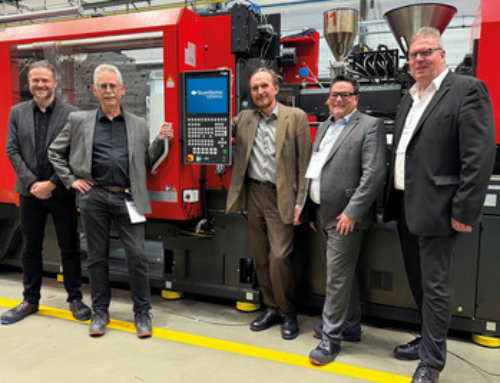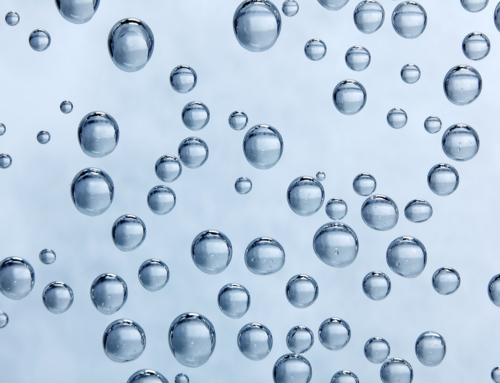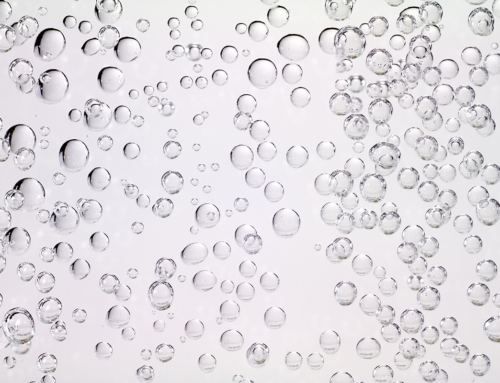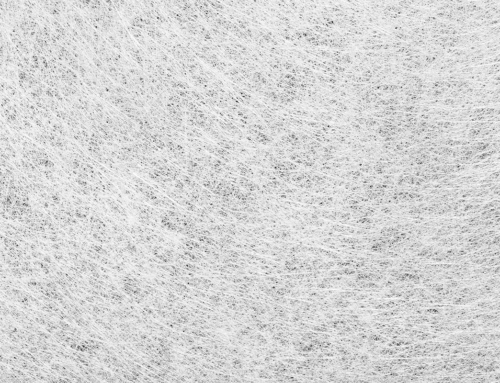Foam materials have become increasingly prevalent in various industries due to their lightweight nature, thermal and acoustic insulation properties, and versatility. Traditionally, foams have been produced through conventional methods, but advancements in technology have led to the emergence of innovative foam technologies such as MuCell®.
Read along as we explain what MuCell® Technology is and its properties and applications in comparison to traditional foam materials.
What is MuCell® Technology?
MuCell® is our proprietary microcellular foam technology. It involves injecting a supercritical fluid, typically nitrogen or carbon dioxide, into the polymer melt during the injection molding process. This results in the formation of numerous microcellular bubbles throughout the material, creating a lightweight and foam-like structure.
Density and Weight Reduction:
One of the significant advantages of MuCell® foam over traditional foam materials is its ability to achieve substantial weight reduction without compromising structural integrity.
The microcellular structure allows for a reduction in material usage while maintaining or even enhancing mechanical properties. Compared to traditional foam, MuCell® foam can achieve similar performance with a lower density, making it an ideal choice for lightweight applications such as automotive parts and consumer products.
Mechanical Properties:
MuCell® foam exhibits excellent mechanical properties, including high strength, stiffness, and impact resistance. The uniform distribution of microcellular bubbles contributes to improved structural integrity, allowing MuCell® foam to withstand various load conditions. In comparison, traditional foams may have more inconsistent cell structures, leading to potential variations in mechanical performance.
Surface Finish and Dimensional Stability:
Traditional foam materials often face challenges with dimensional stability due to uneven cell structures and post-molding warpage. MuCell® foam, on the other hand, offers enhanced dimensional stability due to its uniform microcellular structure.
Process Efficiency and Cost:
MuCell® technology offers several process efficiency benefits. It enables faster cycle times in injection molding, reducing production time and costs. The reduced material usage translates into cost savings, as less raw material is required for the same part volume. Traditional foam production methods often involve additional steps and equipment, increasing production complexity and costs.
Applications:
MuCell® foam is a viable option for numerous applications in various industries. In automotive manufacturing, it is used for lightweighting components. Consumer products such as electronic devices, sporting goods, and furniture benefit from MuCell® foam’s lightweight and enhanced performance. MuCell® foam is also used in packaging, medical devices, and construction, dimensional stability, and design flexibility.
Optimize your product’s performance, reduce costs, and meet sustainability goals by switching to MuCell. Contact the Trexel team to get started.







